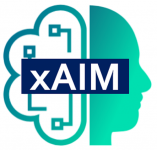
Available courses
Participants acquire the basic skills to understand and manage biomedical data, including electronic acquisition, storage and exploration using statistical methods.

- Teacher: Paola Cerchiello
- Teacher: Enea Parimbelli
The course provides both theoretical and practical training in data science, with a focus on typical machine learning techniques such as clustering, dimensionality reduction, classification, and regression. Students will learn how to interpret inferred models and explain their structure and decisions. Practical exercises are included to reinforce the concepts learned throughout the course.
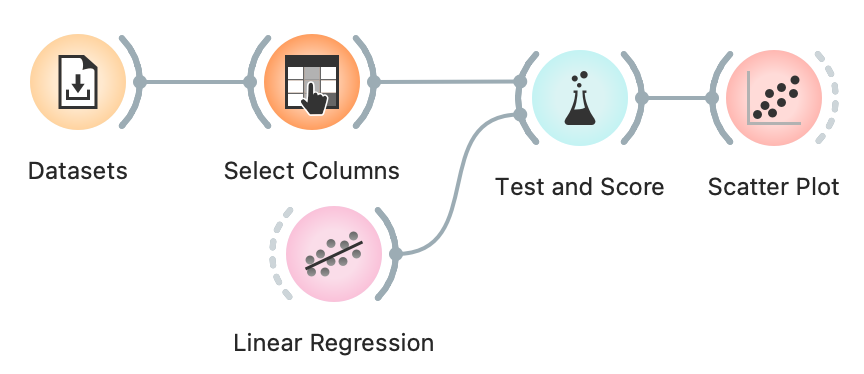
- Teacher: Zala Gruden
- Teacher: Blaž Zupan
During the course, students will be given the tools and knowledge to code in the Python program language.
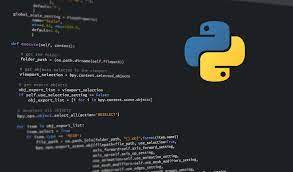
- Teacher: Alessandro Bitetto
- Teacher: Paola Cerchiello
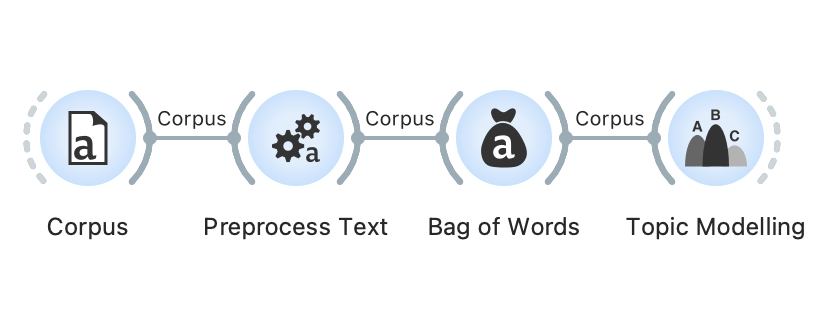
- Teacher: Ajda Pretnar Žagar
- Teacher: Blaž Zupan
Computer vision is a subfield of AI that seeks to make computers understand the contents of the digital data contained within images or videos and make some sense out of them. Deep learning aims to bring machine learning one step closer to one of its original goals, that is, artificial intelligence.

- Teacher: Matthias Fulde
- Teacher: Gemma Roig
- Teacher: Dennis Vetter
In this course, you will be given an introduction to the basic ideas and techniques which are the basis of the design of intelligent computer systems.

- Teacher: Franziska Schoger
The course on "Automated Machine Learning" addresses the challenge of designing well-performing Machine Learning (ML) pipelines, including their hyperparameters, architectures of deep Neural Networks and pre-processing. Future ML developers will learn how to use and design automated approaches for determining such ML pipelines efficiently.
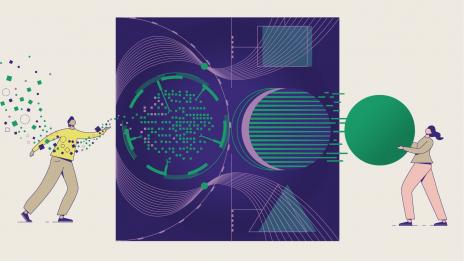
- Teacher: Franziska Schoger
Participants learn how to quantitatively assess trustworthiness of AI in practice.
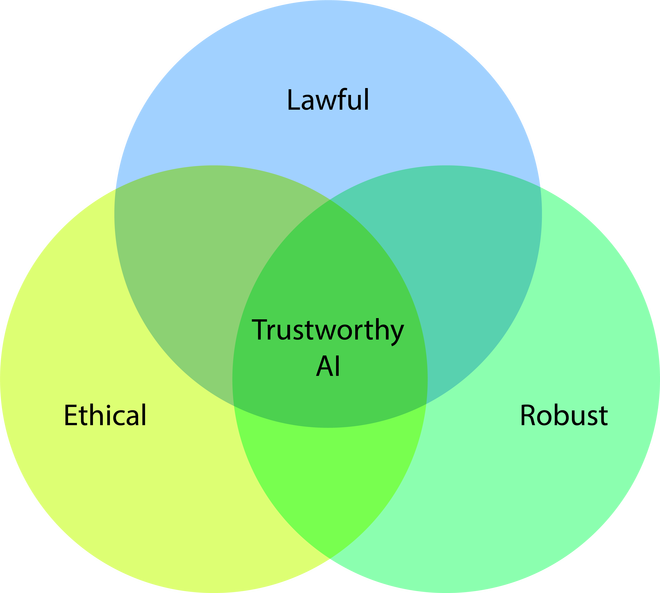
- Teacher: Valentina Beretta
- Teacher: Maria Chiara Demartini
- Teacher: Paolo Giudici
- Teacher: Alex Gramegna
- Teacher: Emanuela Raffinetti
- Teacher: Alberto Signoroni
- Teacher: Sara Stojanova
Participants learn how to assess trustworthiness of AI systems for healthcare using socio-technical scenarios.
- Teacher: Megan Coffee
- Teacher: Sune Hannibal Holm
- Teacher: Dennis Vetter
- Teacher: Magnus Westerlund
- Teacher: Renee Wurth
- Teacher: Roberto Zicari
- Teacher: Sara Azzini
- Teacher: Elisabeth Hildt
- Teacher: Cameron Pierson
- Teacher: Sara Stojanova
Participants gain knowledge of healthcare challenges at different levels of analysis as well as of transformation strategies to address these challenges using the potential of AI.
- Teacher: Hatim Abdulhussein
- Teacher: Valentina Beretta
- Teacher: Ian Cumming
- Teacher: Maria Chiara Demartini
- Teacher: Michele Tringali
Participants learn about the challenges of the healthcare workforce and the relationship between clinicians and patients when adopting AI devices.
- Teacher: Hatim Abdulhussein
- Teacher: Valentina Beretta
- Teacher: Ian Cumming
- Teacher: Maria Chiara Demartini
Health care management is the planning, administration, and management of all health care systems, hospitals, and other medical facilities. Health care management roles are crucial to the overall operations of the health care system

- Teacher: Valentina Beretta
- Teacher: Ian Cumming
- Teacher: Maria Chiara Demartini
- Teacher: Valentina Beretta
- Teacher: Maria Chiara Demartini
- Teacher: Michele Tringali
Participants will learn basics of distance education and exemplary teaching strategies they can use in their future lessons.

- Teacher: Dennis Vetter
Participants will learn about the Trustworthy AI framework proposed in the EU Ethics Guidelines for Trustworthy AI, as well as the Z-Inspection® process to assess trustworthy AI in practice.
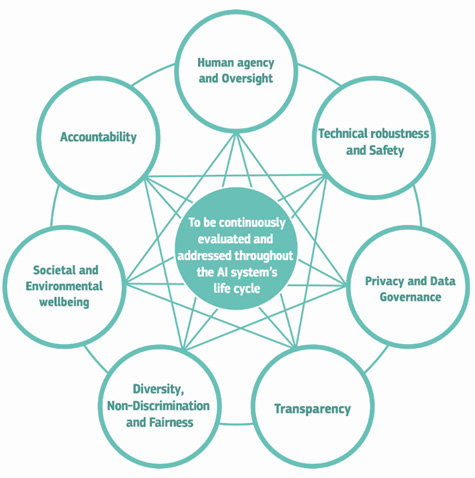
- Teacher: Dennis Vetter
Participants will learn the basics of (explainable) AI and its application and challenges in the healthcare sector.
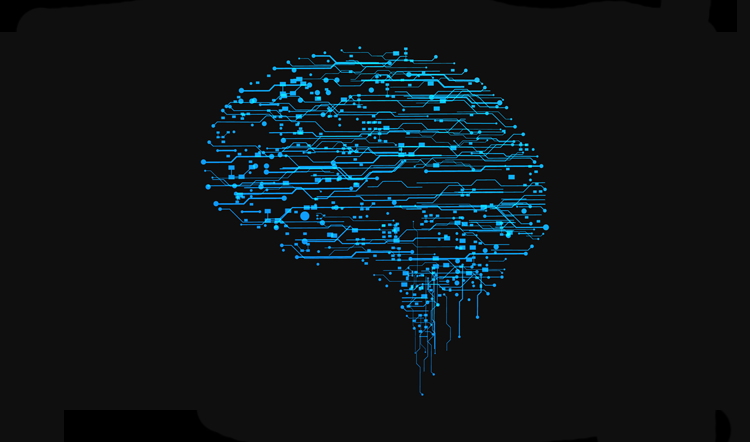
- Teacher: Dennis Vetter
